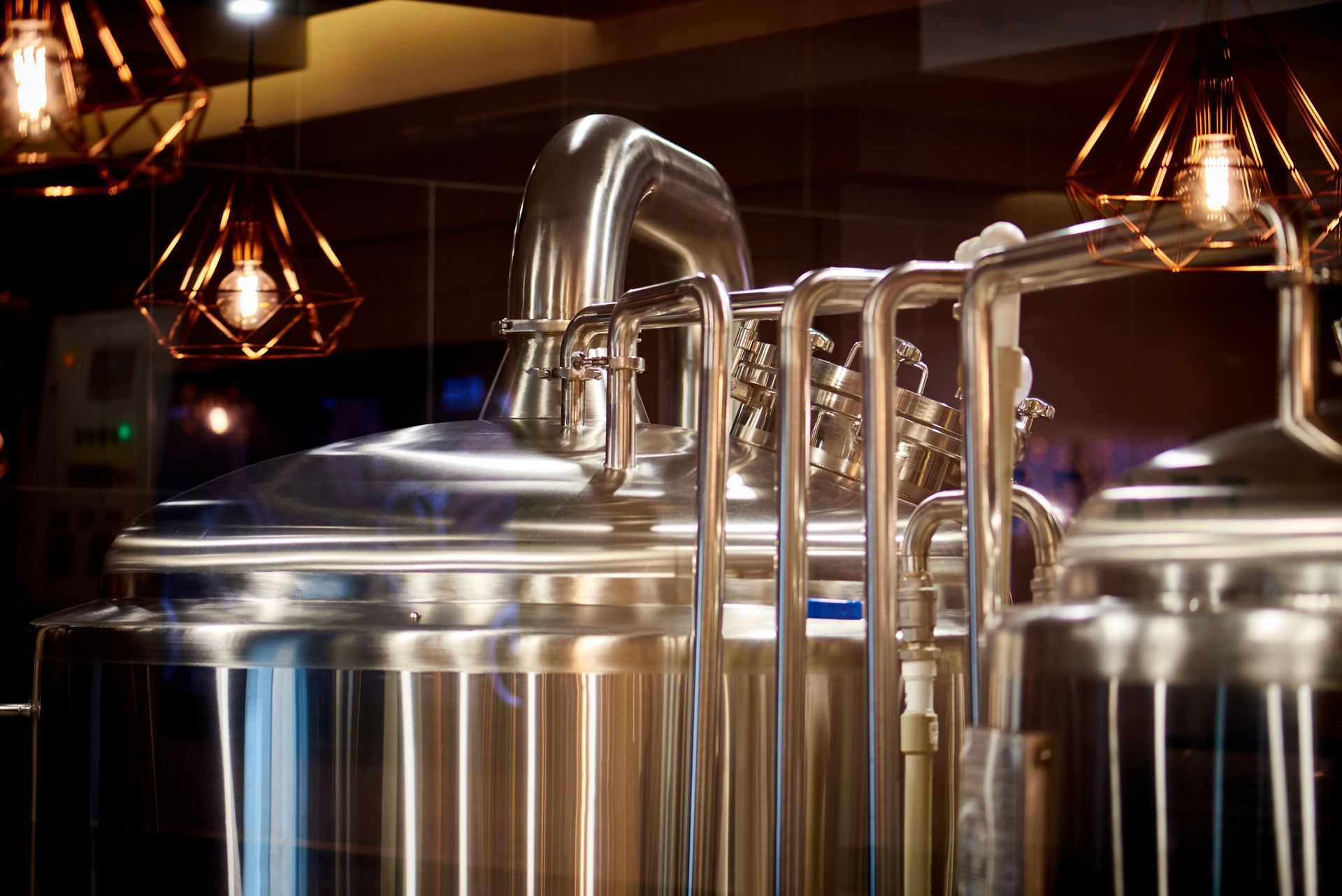If you’ve previously been involved in a software implementation, there’s a good chance the experience was far from painless. As NetSuite implementation partners, we’ve certainly heard about – and helped fix – ERP implementations that have failed to produce the anticipated ROI.
The good news is that it doesn’t have to be difficult! Keep reading to learn some of our favorite tips to ensure a smooth beverage ERP software implementation.
Finding the Right ERP Solution
Creating a seamless ERP implementation starts long before the implementation process begins. Working in beverage manufacturing means that your records should contain data that includes everything from raw materials to finished, ready-to-be-sold products. To find the right ERP, it’s crucial to consider your business processes, production methods and your staff.
To select the best-fit software and have the best implementation possible, you’ll want to plan around things like:
- User experience – Is it easy for anyone to use, and what is the learning curve?
- Data – How is your data stored now, and does it need to be reworked before you can move it?
- User requirements – How will your team use the tool and what kind of specific resources will they need?
- Integration – Your current business needs likely won’t stay the same as you grow. Are there integration options that will evolve with you?
Above are the considerations to focus on in the exploration phase. As you begin to narrow down the list of ERP systems down, there is a lot of pressure to pick “the right one.” The tell-tale signs of the “right” ERP are industry expertise and a holistic solution for the entire organization.
Once you pick out a software solution for your business, it’s time to start your ERP implementation project.

Why You Need an ERP Implementation Plan
As you are likely aware, incorporating an ERP system into your alcoholic beverage manufacturing business is going to create some challenges along the way. Adding a system this complex to your team’s workflow is helpful and necessary in the long run, but it will directly impact every team member as you make the transition and afterwards..
Strong ERP implementation processes allow for an uninterrupted transition into the future of your team’s work. Finding an implementation partner you trust is important when planning a successful, stress-free shift for your business.
Due to the all-encompassing nature of an ERP implementation process, it’s important to prepare your team for the transition. Note that involving key members and subject matter experts from your team in the project from the beginning has been shown to make this smoother in the long run, vs. asking them to get on board after the decision has been made.
What Makes a Good ERP Implementation Plan
At Doozy Solutions, creators of Crafted ERP, we use a five-phase proprietary approach to implementation. This helps us better equip your team and set you up for success post go-live. This five-phase approach helps you avoid ERP implementation delays while providing a harmonious transition period.
Our implementation methodology includes the following:
- Initiate –We work with you to create positive excitement about the upcoming transition and prepare your team for the tactical work.
- Configure – Together, we develop the plans and general structure for the process to make data migration easier.
- Validate – This phase includes live demos and user testing to ensure we build the best solution.
- Deploy – We migrate all the data, train your new users and refresh all your business processes as you make the change.
- Optimize – As you settle in, we will decide how to best support your organization in real time, every day and into the future, as you grow and scale.
For every project we work on, we help you proactively plan around ERP implementation delays and enable you to keep the process moving.
4 Tips to Avoid ERP Implementation Delays
1. Plan for Every Scenario
Most ERP implementation delays occur because of something as seemingly simple as missed deadlines. Something as simple as not sharing data at the right time or forgetting to send over workflows can end up holding your project back.
One easy way to protect your project timelines is to involve the team as a whole and plan extra wiggle room into your ERP implementation.
2. Maintain Open Communication
Getting teams to work efficiently can be challenging, but you can make the task a lot easier by promoting collaboration early and often. This process does not usually serve companies well if they choose to work in isolation as they undergo the implementation.
Use your partners and communicate with them as you learn how this tool should support your team. Changes can always be made, but without open lines of communication, it can be challenging to create a system that will work smoothly for everyone.
3. Intentionally Migrate Data
Depending on how long you have been using your current systems, there may be a lot of unnecessary data taking up space. When planning this transition, use it as an opportunity to go through the data you have and keep only what is crucial.
Yes, it’s quicker to export and import without any changes, but why not give your team a fresh start by taking time to sort through (and clean up) your files? Chances are, most of those records aren’t as important as you think they are, and it’s possible to condense the records you choose to move.
4. Overtrain and Support
When it comes to teaching your team how to use this new system, it’s important to provide ongoing support and training. Most employees will not be ready to go with a quick demo or short training. Take time to educate your team on the new use cases and best practices you want them to follow when it comes to this system.
Remember, this is an opportunity for you to reinforce good habits and get rid of some bad ones. Don’t rush through the training and support. Once implementation is done, this will be a tool every member of the team is touching, and they should know how to use it successfully!

Impacts of Having an ERP System
Most industries will see tactical improvements in their businesses when they opt to include an ERP. However, in the alcoholic beverage industry, an ERP can be the game changer and secret to unlocking growth in your business.
What if you could access dynamic financial reports that include your most up-to-date transactions? Well, you can. With the right ERP, you’ll have tools to support your team, from finance management to sales, inventory, production and more.
Want to learn about how the Texels team used Crafted ERP to scale? Click here to read about how they connected all their business functions to provide actionable insights for growth.
A Note of Encouragement
Undergoing a
beverage ERP software implementation can be a hefty project, but when done correctly, the results and ROI will shepherd your company into its next phase of success. Find a good partner that
specializes in your industry and make a solid ERP implementation plan. It will be over before you know it!
Contact us if you have questions!










GET IN TOUCH
1512 Larimer Street, Suite #150
Denver, CO 80202
United States
(720) 699-0200
66 Goulburn Street
Sydney, NSW, 2000
Australia
+61 2 9044 1330

